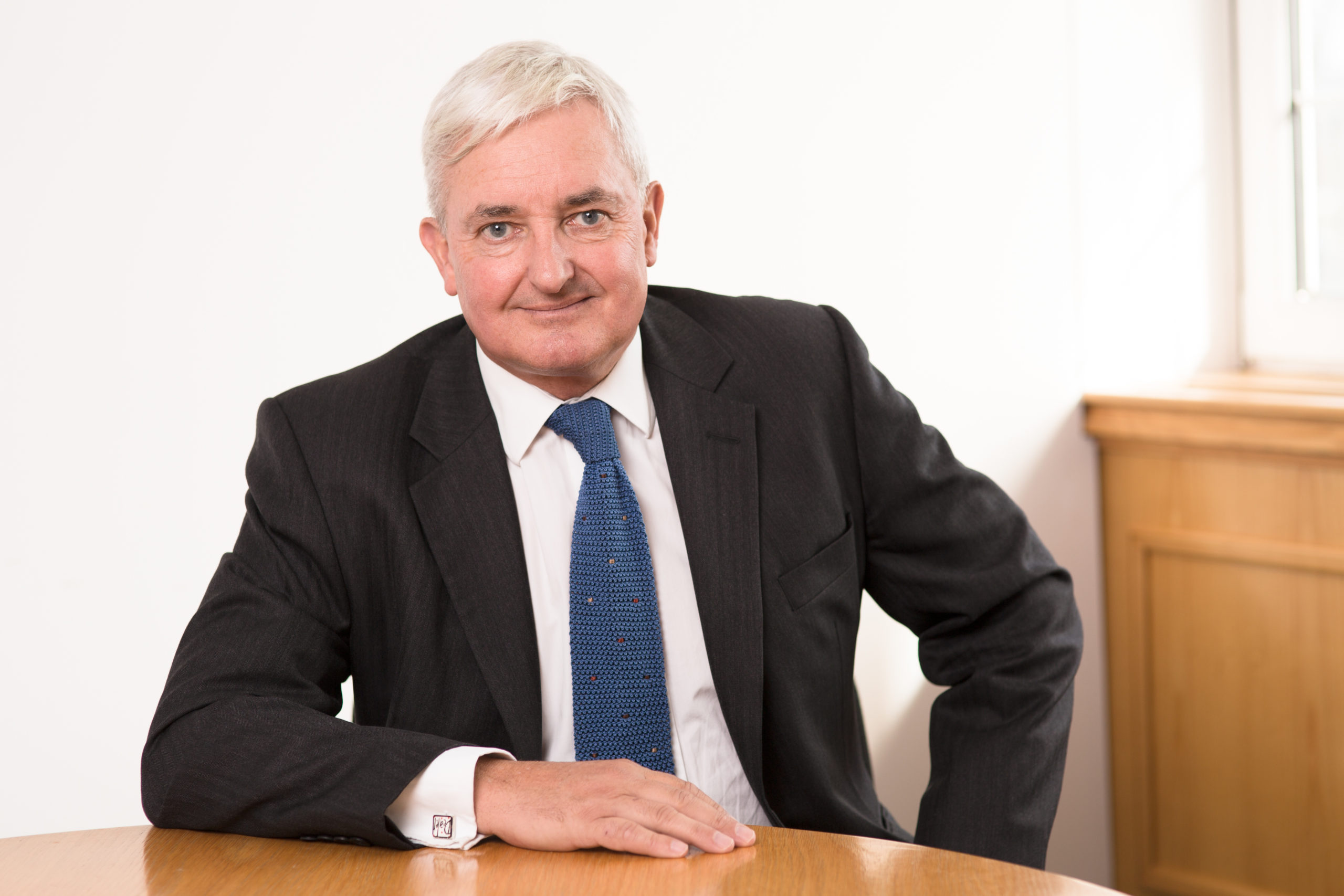This is the first of a series of occasional articles for Investment international from people in the industry on topics that might be of interest to readers
Being a CEO is easy! Plan. Execute. Cope. Build. Relate, says David Kneeshaw, group chief executive at International Financial Group Ltd (IFGL).
“Have a plan, execute it violently, do it now.” So said General Patton. And he was right. A company needs to have a clear sense of direction, agreed amongst the Executive team and, preferably, understood by everyone. But the CEO needs to be the final arbiter: It isn’t a democracy,
A plan is worthless without a clear path to execution and the resources to succeed. By resources, typically, we mean people, and money.
Plans/Strategy should be ruthlessly objective. Execution/implementation needs to be passionate and driven. The CEO needs to make sure the plan, resources and execution are in place and drive the company ruthlessly towards the goal. Understand the relationship between short-term cash and long term value creation. Manage that occasional conflict.
However: “Everyone has a plan until they are punched in the face”. So said Mike Tyson. And he was right.
Plans, both strategic and execution, are set in a single point of time and tend to be reviewed sporadically. But events and circumstances change. Out of the blue things can happen which can derail a strategy or execution plan: A war, economic catastrophe, a pandemic, new initiative by a rival.
So the company, led by the CEO, needs to go into coping mode and make decisions in the short term, often for the short term. Don’t necessarily abandon a strategy (although you might have to) but accept that timings or prioritisations might change. Tough decisions need to be made, often involving people and money, and the CEO needs to be seen to be leading.
And often in a short space of time. It is back into objective mode. In tough times focus on the really core projects/products, income streams, people, and protect cash flow and reputation.
Throughout all this the CEO needs to make sure he/she has built a strong key management team: That they work together, trust each other, support each other. A CEO needs to be able to delegate day to day operations to trusted lieutenants and let them get on with it, within the agreed framework of the strategic and operational plan. And all key functions/departments must know that they are all equally important, required, loved.
Further, it is the CEO’s job to make sure that all people in the organisation understand the direction, the plan, and the business requirements. Those that don’t, or who don’t buy in: Get Rid.
Last, the CEO must be an ambassador externally. This is key. Get out from behind your desk. Build relationships and understanding with key customers, intermediaries, governments, regulators, rivals, investors. Make sure the market understands and appreciates your business.
So, objective analyst, passionate ambassador (both externally and internally), fair arbiter, crisis overlord, empathetic, occasionally ruthless, driven, and understanding of the role of money – what you spend and what will come back as a result.
Not for everyone but no greater job in the world. Albeit, occasionally a tad lonely and not for those that crave popularity!
By David Kneeshaw, group chief executive at International Financial Group Ltd (IFGL)










